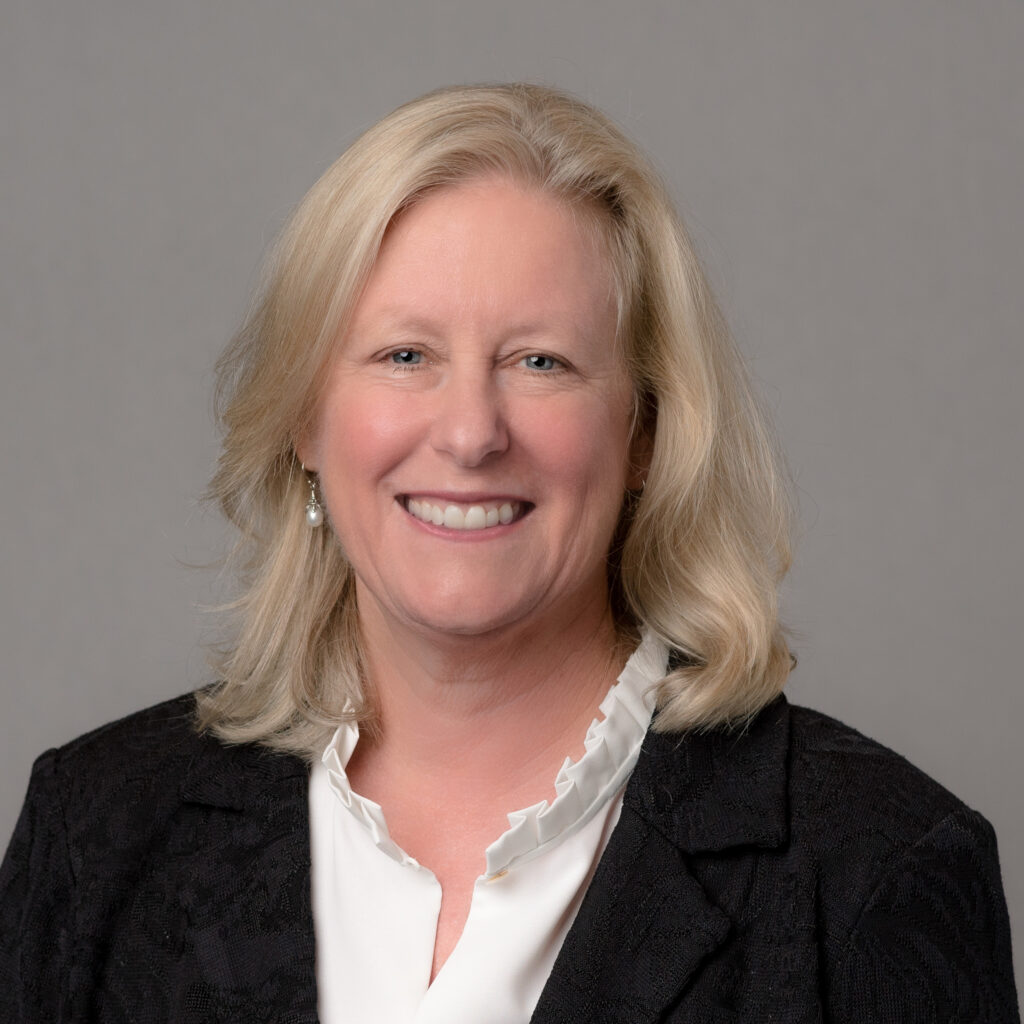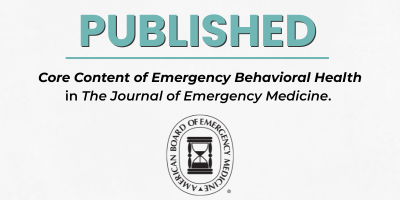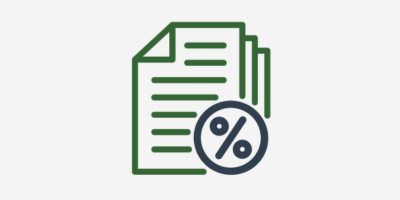
As we all were launched into a global pandemic in 2020, it was clear that the day-to-day business of the American Board of Emergency Medicine (ABEM) would need to change. The entire Board and staff met to develop a strategic plan for accomplishing the work of the Board during the pandemic (i.e., virtually).
The ConCert Examination, which is planned to sunset in 2022, had to be delivered virtually. New dates and opportunities were provided to accommodate working emergency physicians seeking recertification. The Oral Exam, which was previously an in-person exam in Chicago, would now have to be transitioned to a virtual exam. To accommodate physicians who were seeking to complete the certification process, the first virtual Oral Exam, or VOE, was offered in December 2020. Since that time, we have offered five additional VOEs and have one more will be offered this fall to provide physicians who have been delayed the opportunity to complete their certification. At our record-setting pace, by the end of the year, ABEM will have administered the virtual Oral Exam to almost 4,700 candidates over eight exam administrations in 13 months.
We also launched MyEMCert for continuing certification, which coincided with the transition from a 10- to a 5-year certification cycle. This allowed physicians recertifying in 2021 and beyond to complete requirements for their continuing certification utilizing new, innovative MyEMCert assessment modules that are more flexible and allow for learning. ABEM staff worked long hours to provide the support to implement these initiatives and addressed numerous questions from emergency physicians about the changes to continuing certification requirements.
One of the main themes this year has centered around the value of certification. ABEM certification is an important aspect of Emergency Medicine; it not only gives us a sense of pride and accomplishment for having completed the rigorous training and then successful completion of the Qualifying Exam and Oral Exam, but it is also a carry-forward in that, for ABEM certified physicians, it adds between $25,000 and $37,000 per year in compensation. On a yearly basis, this translates into approximately $1 billion in added compensation for ABEM-certified physicians. Certification helps in job selection and promotion, and data from state medical boards demonstrate fewer disciplinary actions for physicians who stay board certified compared to those who do not. Added CME opportunities and letters to waive medical merit badge requirements (e.g., ACLS, PALS) are also among some of the further benefits your ABEM certification provides.
This year I’m proud to say that we have adopted a Code of Professionalism. The Code extends beyond licensure, and I think this is important. To dovetail with a Code of Professionalism, we have provided a statement on misinformation as it relates to COVID-19. Egregious misinformation, promulgated by a board-certified emergency physician, could lead to sanctions against that physician given the risk that it might impact public safety. These incidents are rare but need to be adjudicated by the medical community and ABEM.
The ABEM Board continues to not only pivot, but also to innovate. We are implementing the first focused practice designation for Advanced Emergency Medicine Ultrasonography (AEMUS) and have supported the growth of training programs in AEMUS. Other possible focused practice designations are on the horizon to expand the opportunities for practicing emergency physicians. We also are exploring new subspecialties as we support the maturation of the specialty.
We have a Diversity, Equity, and Inclusion initiative as well as a Becoming Certified Initiative. Through facilitated work with consultants, we will develop programmatic changes to improve throughout the organization. The Becoming Certified Task Force will seek opinions from the EM community, consult with a Stakeholder Advisory Group for ongoing input, organize a national summit, and perform numerous surveys and focus groups to gather feedback that provides the framework for re-envisioning initial certification. We have implemented a new research initiative and will begin to hire additional staff to help us lead and direct our research strategies. Collaboration with our academic colleagues will help ABEM leverage its data to develop the evidence base that we need to continue to move board certification as well as the specialty forward.
I’m very proud to say that the Emergency Medicine community has collaborated fully to provide frontline health care for patients suffering from COVID-19 and other emergency, time-sensitive, medical and traumatic conditions. The ABEM Board and all practicing emergency physicians, participated in that effort. . So, in the end, we had a big year with many activities transitioning to the virtual work environment while maintaining quality.
As we move forward, the office operates on a hybrid basis, although our plans are to begin to reinstitute some meetings in person. As many organizations are doing, ABEM will be requiring vaccination for both influenza and COVID-19 for in-person gatherings to optimize the experience and to reduce the risk of infection for all attendees.
These efforts by ABEM do not go unrecognized. ABEM has received GuideStar®’s Platinum Status, the highest rating for financial transparency based on what we do, how we spend our money, and what programs we have initiated. ABEM has also been accredited by the National Commission for Certifying Agencies and is the first board in the American Board of Medical Specialties community to achieve this status.
We continue to collaborate with the Emergency Medicine community and the public to expand, streamline, and improve our processes for becoming certified and staying certified. I am proud to be a part of this organization and serve as its president. ABEM staff and the entire ABEM Board have devoted many hours to improve the specialty of Emergency Medicine, and this commitment to excellence will be our North Star as we look to the future.



